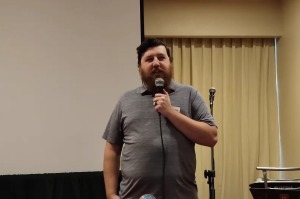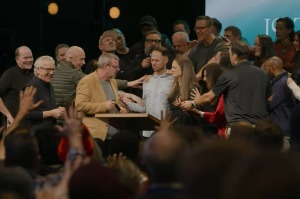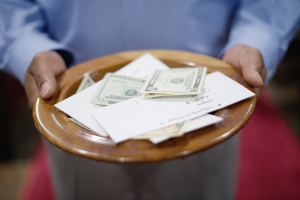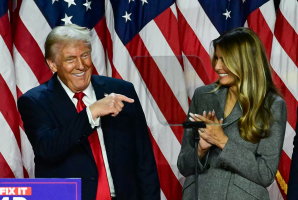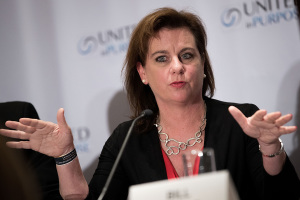SC Gov. McMaster signs bill protecting churches from forced closure during pandemics
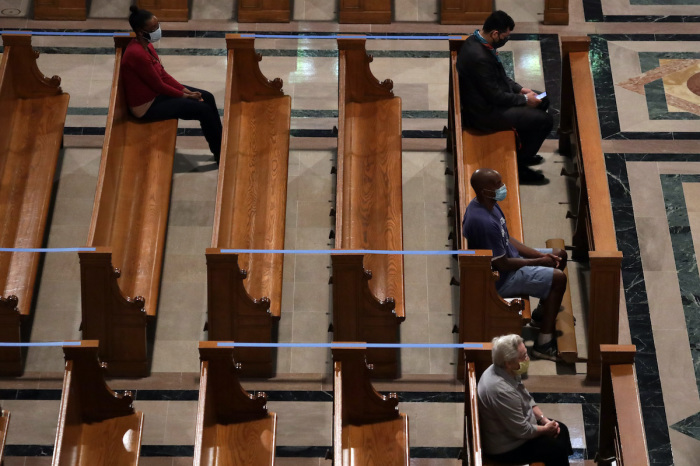
South Carolina Gov. Henry McMaster has signed a law that prohibits the state from placing greater restrictions on houses of worship than essential services during a state of emergency.
McMaster signed House Bill 3105 into law on Monday, which states that the government “may not limit the ability of a religious organization to continue operating and to engage in religious services during a state of emergency to a greater extent than it limits operations or services of other organizations or businesses that provide essential services.”
The legislation goes on to say that the state can “require a religious organization to comply with neutral health, safety, or occupancy requirements during a state of emergency” provided they are “applicable to all organizations or businesses providing essential services” and “do not impose a substantial burden on religious services” unless a “compelling state interest” exists.
The Alliance Defending Freedom, a law firm that has represented many churches that sued states over the ongoing COVID-19 lockdown restrictions that were considered unconstitutional, celebrated the news of the South Carolina law being signed.
ADF Legal Counsel Greg Chafuen said in a statement released Tuesday that “the First Amendment prohibits the government from treating houses of worship and religious organizations worse than shopping centers, restaurants, or gyms.”
“This bill takes the modest step of ensuring that officials cannot use a public crisis to discriminate against religious operations in violation of the Constitution,” stated Chafuen.
“We commend Gov. McMaster and the South Carolina Legislature for taking action to defend religious freedom in South Carolina.”
Chiefly sponsored by state Rep. Richard Yow of Chesterfield, HB 3105 passed the South Carolina Legislature earlier this month, with a vote of 39-2 in the Senate and 102-9 in the House.
During the COVID-19 pandemic, many state and local governments were accused of treating churches worse than comparable secular entities when issuing lockdown policies aimed at curbing the spread of the coronavirus.
In November 2020, the U.S. Supreme Court ruled 5-4 in Roman Catholic Diocese of Brooklyn v. Cuomo that New York had unfairly singled out certain religious groups in its gathering restrictions.
“Members of this Court are not public health experts, and we should respect the judgment of those with special expertise and responsibility in this area. But even in a pandemic, the Constitution cannot be put away and forgotten,” concluded the majority.
“The restrictions at issue here, by effectively barring many from attending religious services, strike at the very heart of the First Amendment’s guarantee of religious liberty.”
Earlier this month, Kentucky Gov. Andy Beshear signed a similar law, which exempted houses of worship from specific emergency measures unless “such houses have become unsafe to a degree that would justify condemnation in the absence of a state of emergency.”
















